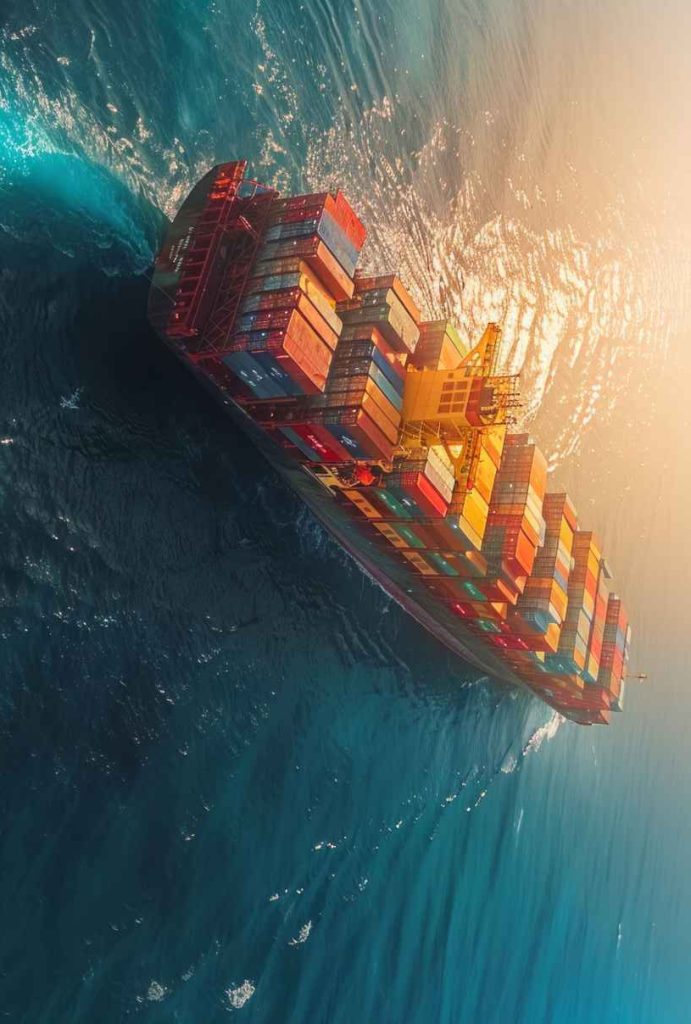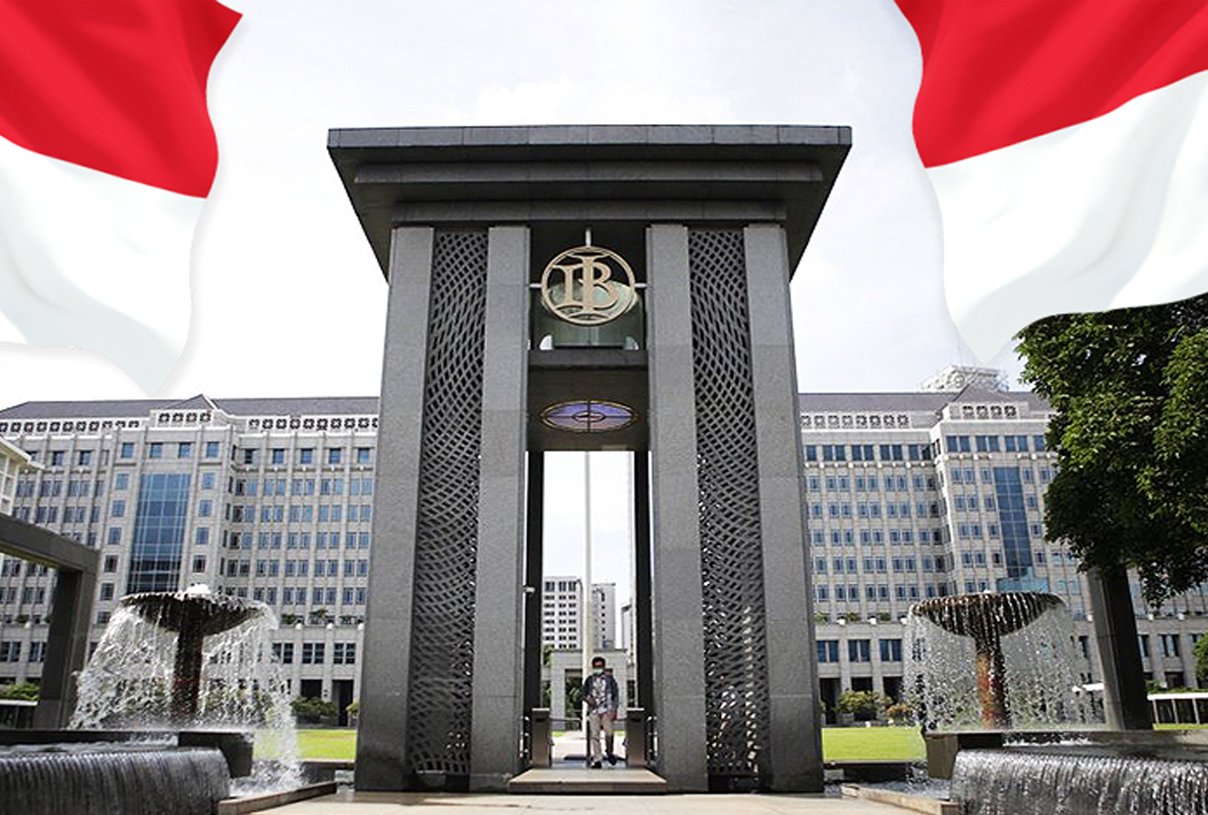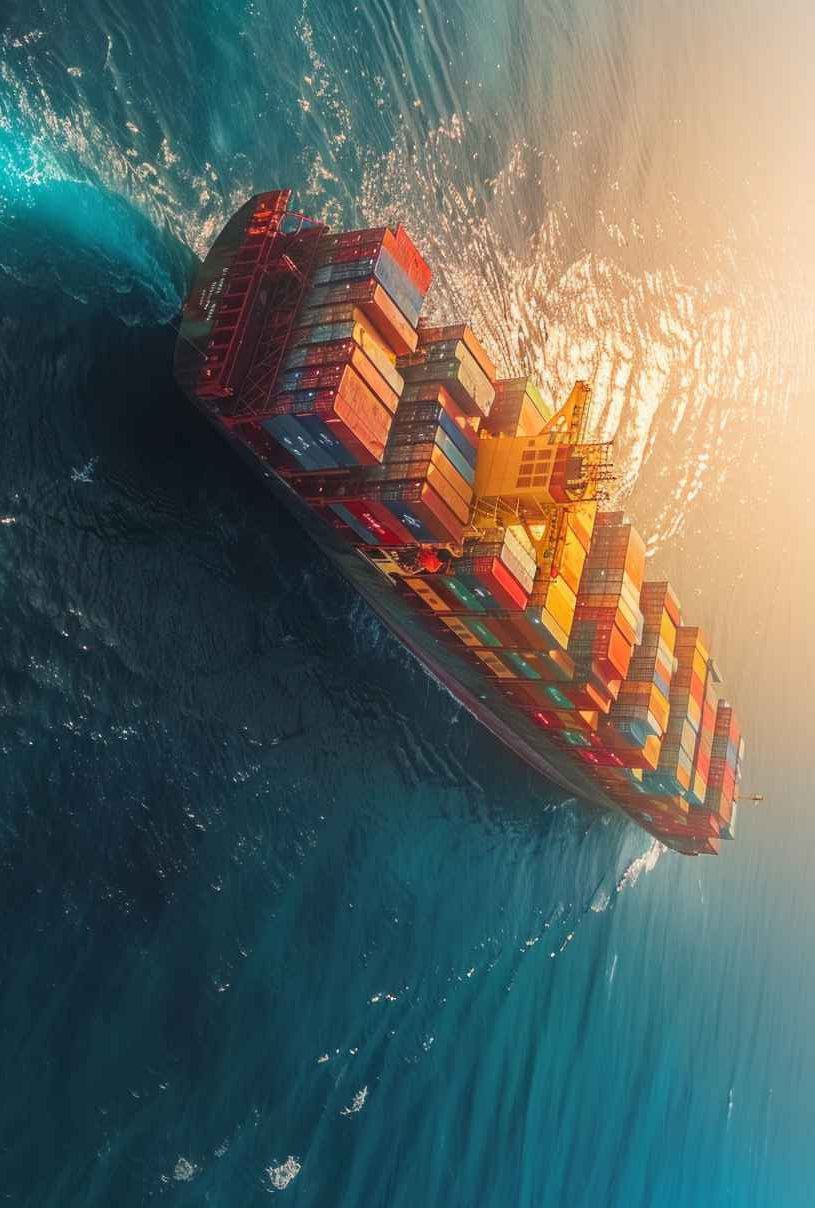
The Indonesian shipping industry has recently undergone a notable transformation with the introduction of Law No. 66 of 2024. This legislation represents the third amendment (“Third Amendment”) to Law No. 17 of 2008 concerning Shipping, which was previously modified by Government Regulation in Lieu of Law No. 2 of 2022 on Job Creation (“Shipping Law”). The Third Amendment brings forth a series of revisions that affect shipping business requirements, port management frameworks, the functions of the admiralty court, and the regulations governing traditional shipping and ship arrest processes.
This notice highlights the key updates introduced by the Third Amendment and explores their potential implications for stakeholders within the shipping sector.
Increased Requirements for Foreign Investors in Shipping
The Third Amendment has created additional challenges for foreign investors looking to penetrate the Indonesian shipping sector. These changes affect not only shipping firms but also interconnected industries, including mining, offshore oil and gas, and construction, which depend on maritime transportation.
Revisions to Shipping Joint Venture Companies
Previously, both individuals and corporate entities, whether Indonesian or foreign, were allowed to establish joint venture companies for shipping operations (referred to as “Shipping JVCs”). Under the new regulations, only corporate entities are permitted to create Shipping JVCs, which means individuals can no longer directly own shares in these ventures. This adjustment aims to eliminate the practice of nominee shareholders, thereby enhancing ownership transparency.
Partnership and Ownership Regulations
Foreign shipping firms are now required to collaborate with an Indonesian shipping company that possesses a valid shipping business license (known as Surat Izin Usaha Perusahaan Angkutan Laut or “SIUPAL”). Additionally, the Indonesian partner must hold at least 51% of the shares in the Shipping JVC, ensuring that majority ownership and control remain with Indonesian entities.
Vessel Size Specifications
The Third Amendment notably raises the minimum size criteria for Shipping Joint Venture Companies (JVCs) that are foreign-owned, referred to as “Foreign Shipping JVCs.” The minimum size for Indonesian-flagged vessels has been increased dramatically from 5,000 Gross Tonnage (GT) to 50,000 GT per vessel. Gross Tonnage (GT) serves as an indicator of a ship’s total internal volume. Consequently, this adjustment mandates that foreign-owned JVCs utilize larger vessels, which may present a considerable challenge for certain foreign investors.
Impact on Other Industries and Alternative Structures
The new regulations are not limited to conventional shipping operations; they also affect joint ventures in various sectors, including mining, offshore oil and gas, and construction, that utilize vessels under a Special Sea Transportation Operation License (known as Surat Izin Operasi Perusahaan Angkutan Laut Khusus or “SIOPSUS”). The process of obtaining a SIOPSUS has become increasingly difficult, especially for entities in the mining and offshore oil and gas sectors. Consequently, we expect that foreign investors and stakeholders in these fields may seek alternative business models beyond direct foreign investment. Some are contemplating management agreements or loan agreements that include robust reserved matter clauses favoring the lender. Although these arrangements are legally allowed, they may face scrutiny as potential nominee structures, which are prohibited under Indonesian foreign investment regulations.
Transitional Phase
The Third Amendment establishes a one-year transitional phase, concluding on 28 October 2025. However, the Directorate of Sea Transportation at the Ministry of Transportation (DGST) has already begun implementing these new regulations for SIUPAL applications. Consequently, new foreign investments are now subject to more stringent rules, even prior to the official deadline.
Exemptions for Current JVCs and SIOPSUS Holders
Current holders of Foreign Shipping JVCs and SIOPSUS are exempt from the new requirements, provided they do not alter their shareholding structure or acquire additional vessels. Nonetheless, existing Foreign Shipping JVCs should remain vigilant, as the DGST may conduct compliance checks during the renewal or endorsement of SIUPAL licenses.
Expanded Authority of the Admiralty Court
The Third Amendment significantly enhances the jurisdiction of the Admiralty Court, providing it with increased oversight over the shipping sector. Previously, the Court’s responsibilities were mainly confined to examining maritime accidents and enforcing the professional standards and qualifications for shipmasters and officers. The Third Amendment greatly extends its powers.
The Admiralty Court is now empowered to:
- Conduct inspections of ship operators, owners, and officers associated with maritime incidents.
- Impose penalties for breaches or negligence.
- Facilitate resolution of disputes concerning seafarers’ employment contracts.
- Investigate accidents involving Indonesian-flagged vessels in both domestic and international waters, as well as foreign vessels operating in Indonesian waters.
Additionally, the Admiralty Court now has the authority to suggest a broader array of administrative penalties to the Minister of Transportation. This expanded scope includes options such as warnings, suspensions, and the potential revocation of business licenses for ship operators and owners, along with disciplinary actions for ship officers. In the past, the Court’s recommendations were restricted to warnings and the cancellation of seafarer competency certificates.
It is crucial to understand that despite the enhanced powers of the Admiralty Court, its function remains advisory. The ultimate decision to enforce sanctions continues to lie with the Minister of Transportation.
Enhancing and Modernizing Traditional Shipping
The Third Amendment acknowledges the crucial importance of traditional shipping (pelayaran rakyat) in linking remote and underdeveloped areas of Indonesia. These small-scale shipping operations, typically utilizing traditional wooden boats, are being incorporated into the larger shipping framework to enhance safety, increase connectivity, and support micro and small businesses. Additionally, the government is dedicated to preserving the heritage of traditional shipping as a significant aspect of Indonesia’s maritime culture.
The Third Amendment introduces two primary categories within traditional shipping:
- Pioneer Lines (Pelayaran Perintis): This service is dedicated to providing transportation links specifically to remote and underdeveloped regions.
- Traditional Water Transportation (Angkutan Laut Pelayaran Rakyat): This category includes small-scale transport operations run by local communities, often using traditional vessels.
More information regarding the specific regulations that will govern these categories is anticipated to be provided in forthcoming implementing regulations.
Furthermore, the Third Amendment reflects a commitment to bolstering the pelayaran rakyat sector by securing funding through state, provincial, and district/city budgets. This financial backing is intended to ensure the ongoing viability and operation of these vital services.
Enhancing Port Operations
Indonesia has reformed its port management framework to boost efficiency and optimize operations. In the past, the responsibilities for managing ports were split between two organizations:
- The Port Authority (Otoritas Pelabuhan) was in charge of commercial ports.
- The Port Management Unit (Unit Penyelenggara Pelabuhan) handled non-commercial ports.
With the Third Amendment, these roles have been unified under one organization: the Port Management Institution (Penyelenggara Pelabuhan). This revised structure clarifies roles and streamlines oversight.
The current distribution of responsibilities is as follows:
- The DGST is in charge of overseeing Port Management Institutions for both major commercial ports, commonly known as main ports, and smaller commercial ports, referred to as collector ports.
- Non-commercial feeder ports are managed by regional governments through their respective Port Management Institutions.
This reorganization has phased out the former structures of the Port Authority and Port Management Unit at the central government level, replacing them with a consolidated Port Management Institution under the Ministry of Transportation. At the regional level, the Port Management Institution of the regional government now takes on the duties that were previously assigned to its Port Management Unit. Additionally, the amendment clearly delineates the scope of authority for regional governments, restricting their management to non-commercial feeder ports. This specification enhances clarity regarding their responsibilities and helps prevent any potential overlap or confusion.
Streamlining the Ship Arrest Process
The Third Amendment aims to enhance the efficiency of ship arrest procedures in Indonesia. Previously, the Shipping Law required that these procedures be governed by a ministerial regulation, which was never established, leading to a loophole that ship owners could exploit to contest or delay arrest actions.
With the Third Amendment, the necessity for a specific ministerial regulation has been removed. Ship arrests will now be conducted in accordance with existing laws and regulations. Although further implementing regulations are expected, this amendment effectively closes the previously mentioned loophole that allowed for the obstruction or extension of ship arrest processes. This clarification is intended to expedite the procedure and reduce the opportunities for ship owners to use the lack of a specific regulation as a means to delay.
Key Insights
The Third Amendment brings notable changes to Indonesia’s shipping regulatory framework, particularly affecting foreign investment. The increase in the vessel ownership threshold to 50,000 GT and the limitations on individual shareholding in Foreign Shipping Joint Venture Companies are aimed at bolstering domestic shipping firms, but these changes may pose challenges for foreign investors. Current foreign investors in Indonesia’s shipping industry may need to reassess their long-term plans and evaluate the viability of future growth or vessel purchases.
Additionally, it is crucial to consider how these changes align with the government’s broader objectives. While one of the government’s main goals is to minimize price disparities throughout Indonesia, the potential effects of the Third Amendment on foreign investment in fleet expansion could unintentionally exacerbate vessel shortages and lead to increased shipping costs.
Tags:
Arbitration and Dispute Resolution
Banking, Finance and Investment
Aviation, Shipping and Logistics






